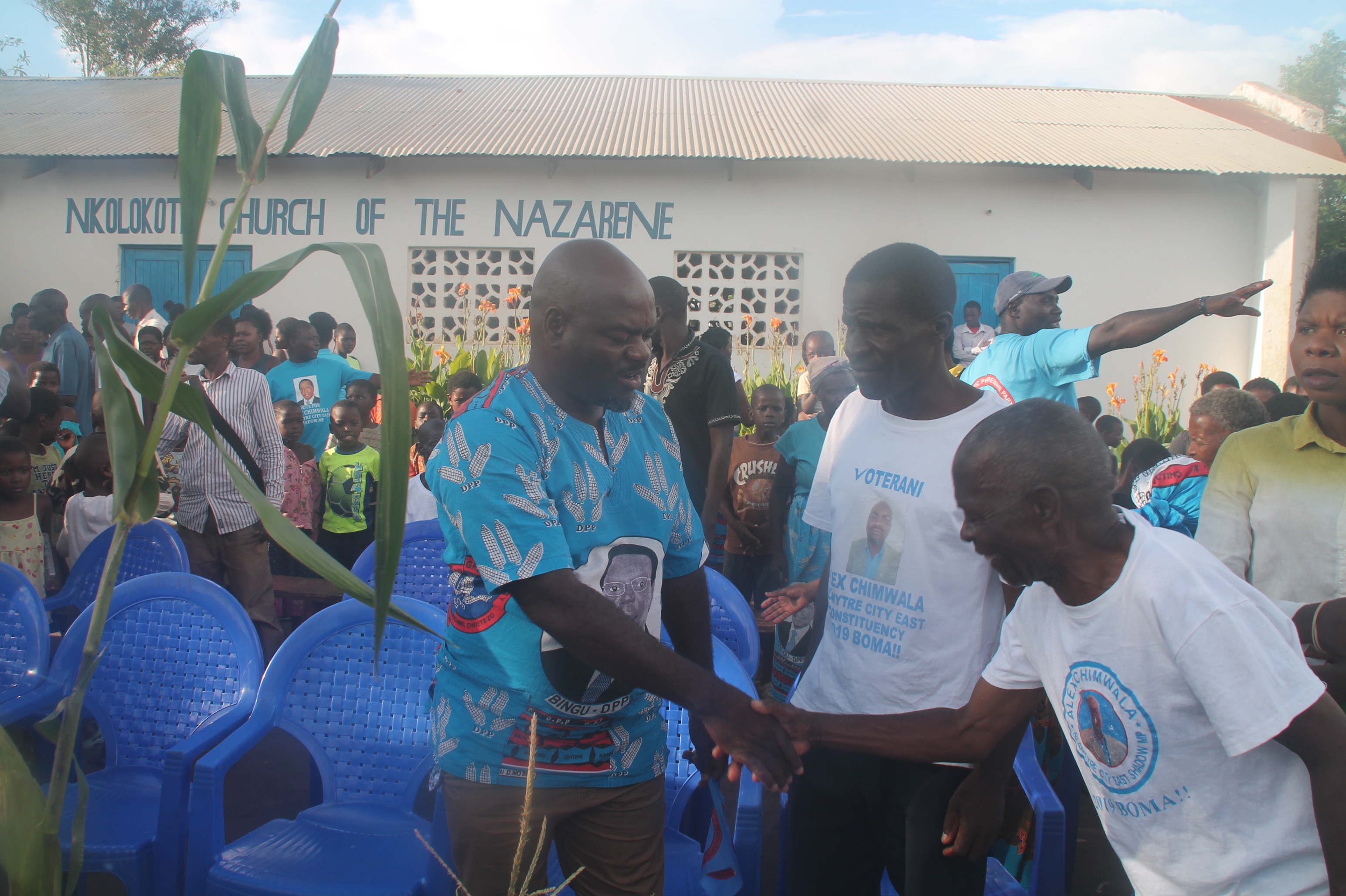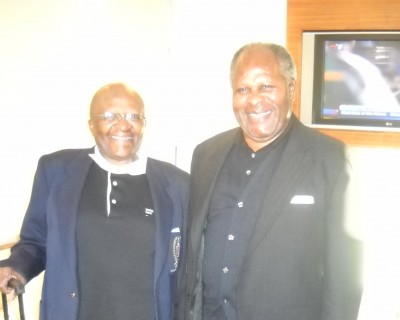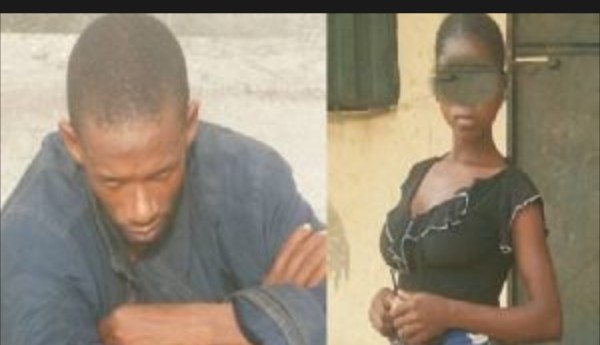By: Gregory Gondwe
The Malawi Chapter of the Media Institute of Southern Africa (MISA-Malawi), on Saturday 10 September 2011, elected a new National Governing Council (NGC) amidst protest from members who were against some proposed changes suggested by the body’s headquarters in Windhoek, Namibia.
Anthony Kasunda, who has been acting chairperson for the media advocacy organisation following the resignation of the chairperson Brian Ligomeka last year, was elected unopposed as the new chairperson at the MISA Malawi Annual General Meeting that was held at the Blantyre Sports Club.
Kasunda works as a news analyst at the Nation Publications Limited (NPL), his vice also elected unopposed, is Thom Khanje, business editor at Blantyre Newspapers Limited (BNL). Another journalist from BNL, Suzgo Khunga, was elected equally unopposed to the position of treasurer.
Initially, the country committee used to have a chairperson, his deputy, secretary general, treasurer as well as three committee members.
Constitutional amendments
Delegates made some constitutional amendments, following a review process and proposed recommendations of the Regional Governing Council meeting, that reduced the number of elected members to the National Governing Council from seven to three and to co-opt two members with financial and legal back-grounds to sit on the council.
The constitution was however amended to abolish the old positions to remain with only three positions that were elected over the weekend, a development that MISA Malawi membership protested with vehemence before giving in to the wished of the regional body.
Fight against repressive laws
In his acceptance speech, Kasunda, who described the position as a huge responsibility, pledged to continue fighting against repressive laws of the media in the country.
“I can assure you it is a challenge, but I am ready to take it. I will depend on the support of the membership,” said Kasunda.
“We will pursue the amended section 46 of the Penal Code which poses a great danger to the media in the country”.
As acting chairperson, earlier in the day Kasunda presented a chairperson’s report, where he pointed out that the country has become unfriendly to the media looking at serious threats to media freedom and freedom of expression.
He noted that the AGM was taking place at a time when the country is going through serious governance problems with serious fuel and forex reserve shortage. He also said that such challenges led to the nationwide mass demonstrations on 20 July that saw 23 journalists sustaining injuries with some being detained without charge.





No comments! Be the first commenter?